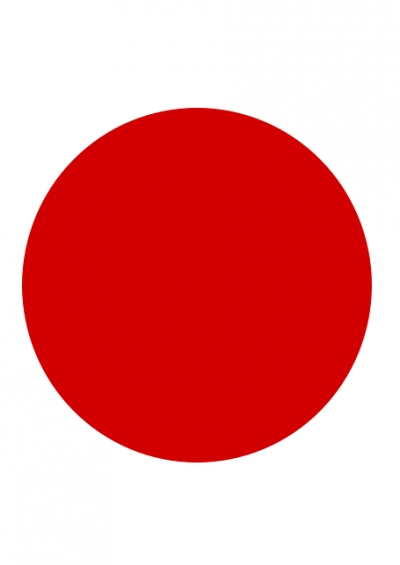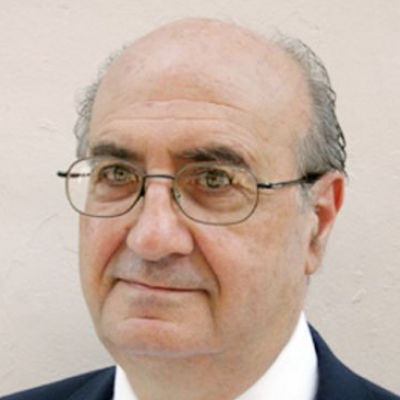The Social Burden of Depression in Japan
Aside from the effects on health and on people’s well-being, depression in Japan exacts a heavy economic toll on individuals, families and on society as a whole.
May 19, 2019

Depression is widespread, largely undiagnosed and rarely treated in Japan. Until the late 1990s, depression was largely ignored outside the psychiatric profession.
Depression has been described as “kokoro no kaze” (a cold of the soul) and only recently it is being accepted in Japan as a medical condition that shouldn’t provoke shame in those suffering from it.
Depression is a state of low mood which can affect a person’s thoughts, behavior, feelings and sense of well-being. Its symptoms include sadness, inactivity, difficulty in thinking and concentration, and altered appetite and sleep.
Many depressed people have feelings of dejection and hopelessness that may drive them to suicide.
An unselective condition
Depression can manifest at any age. It can begin during childhood or the teenage years. As happens also among adults, girls are more likely to experience depression than boys.
Although in the United States there has been an increase in teenage depression, there has not been a parallel increase in their treatment.
Among women, one in seven experiences post-partum depression, about half of them start experiencing symptoms during pregnancy.
Clinical depression among the elderly is also common, affecting 6 million Americans ages 65 and older.
Among the elderly, depression is frequently confused with the effects of other illnesses. Studies in nursing homes of elderly patients with physical illnesses show that depression substantially increases the risk of dying from those illnesses.
Esketamine
In most cases, depression can be treated. The U.S. FDA’s (Food and Drug Administration) recent approval of the drug esketamine will be a significant advance in the treatment of depression. Esketamine is particularly effective for those who have been resistant to conventional treatment, or who are at imminent risk of suicide.
Like ketamine, a related drug, esketamine, in addition to its anesthetic effects, is a rapid-acting antidepressant, whose medical use was started in 1997.
On February 12, 2019, an independent panel of experts recommended that the FDA approve the use of esketamine, as long as it is administered in a clinical setting to ensure patient safety.
Esketamine may bring relief to millions of patients all over the world, particularly in Japan, where depression is widespread and largely neglected.
Cultural taboos
One of the reasons for this neglect is the feeling of shame associated with mental health issues. Many of those who suffer from depression prefer to think that there is something wrong with them, rather than that they suffer from a medical condition which can be treated.
In most cases, people resort to a cultural impulse known as “gaman” or the will to endure.
Depression has been called a “democratic disease” because it affects people of all social and economic strata.
Abraham Lincoln suffered from prolonged periods of depression, which didn’t stop him from becoming one of the most admired presidents in the U.S. history.
A study of the first 37 U.S. presidents (1776-1974) by Jonathan Davidson, of Duke University Medical Center and colleagues, concluded that half of them had been afflicted by mental illness, and that 24% met the criteria for depression, including James Madison, John Quincy Adams, Franklin Pierce, and Calvin Coolidge, in addition to Lincoln.
A global scourge
According to the World Health Organization (WHO) estimates, more than 300 million people were affected by depression worldwide in 2015, equivalent to 4.4% of the world’s population.
Nearly 50% of all people diagnosed with depression are also diagnosed with an anxiety disorder.
Depression is also a major contributor to suicide. There are approximately 800,000 suicides globally every year. In Japan, the high number of suicides among children and teenagers is alarming.
The economic cost
Aside from the effects on health and on people’s well-being, depression exacts a heavy economic toll on individuals, families and on society as a whole.
The total economic cost of depression in the United States is estimated to be over $210 billion annually. That includes decreased productivity, medical expenses and indirect medical costs.
In Japan, those costs are more difficult to estimate because of the cultural issues surrounding depression and mental health in general.
It remains necessary to raise awareness of depression in the general population, through massive health communication campaigns alerting on the seriousness of the untreated cases and the possibility now of addressing the problem effectively.
As depression is on the rise globally, the approval of a drug to treat cases resistant to treatment may be promising.
Takeaways
Depression is widespread, largely undiagnosed and rarely treated in Japan.
Aside from the effects on health and on people’s well-being, depression in Japan exacts a heavy economic toll on individuals, families and on society as a whole.
According to WHO estimates, more than 300 million people were affected by depression worldwide in 2015 -- 4.4% of the world’s population.
As depression is on the rise globally, the approval of a drug to treat cases resistant to treatment may be promising.
